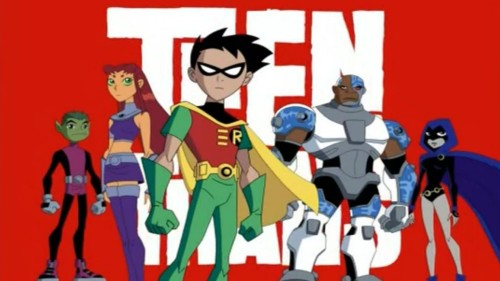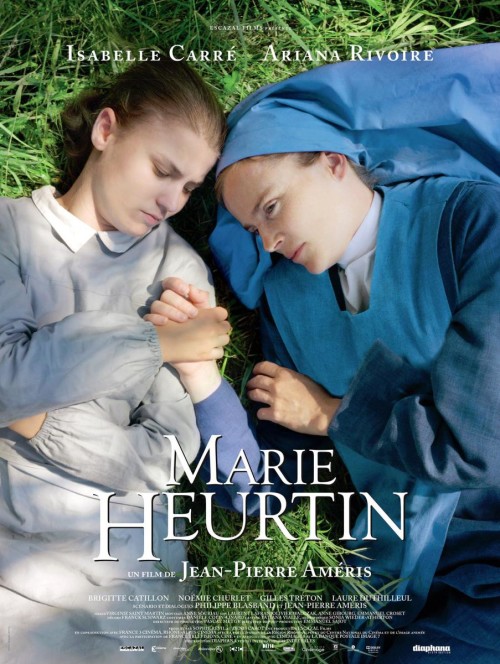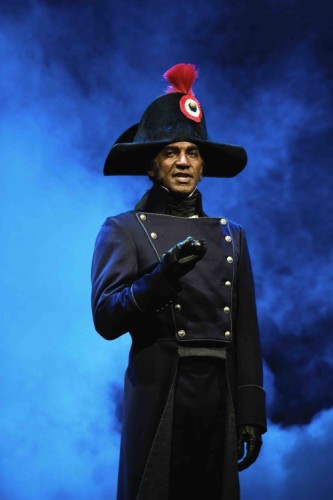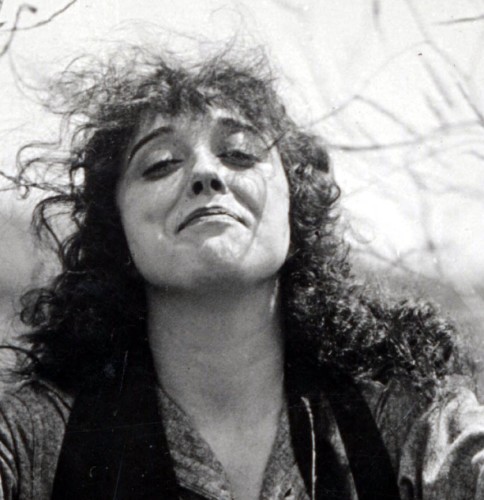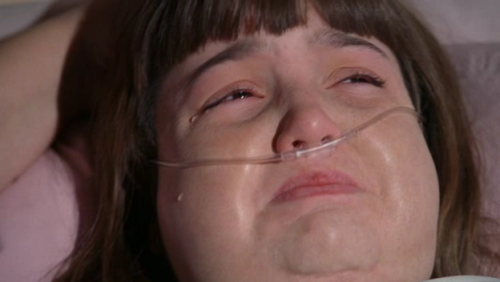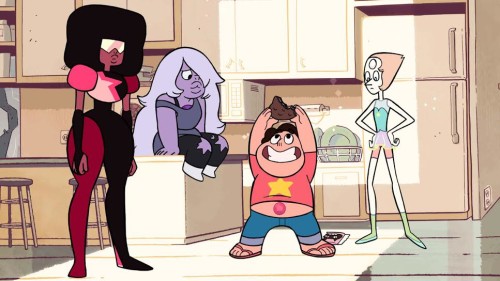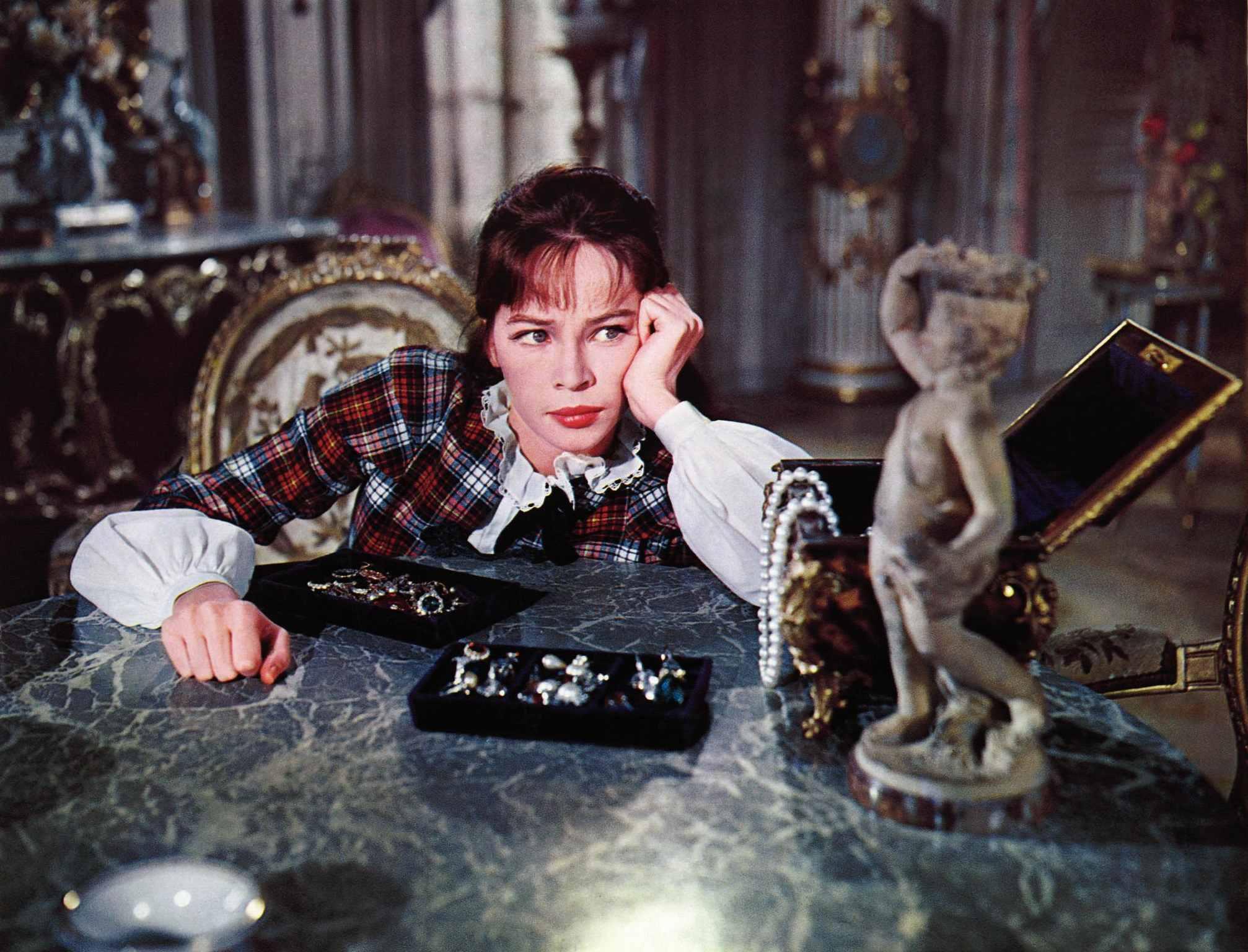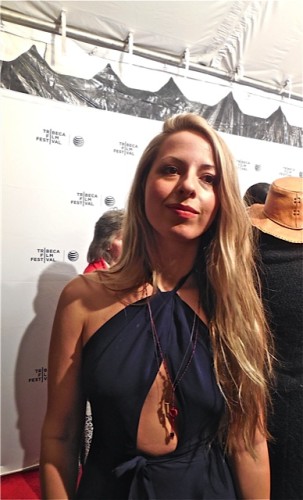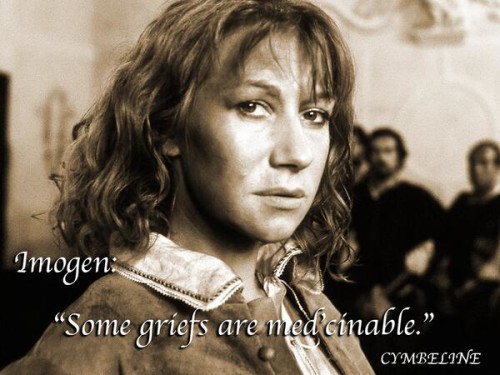Robin and Patriarchy in ‘Teen Titans’
However, not all of its episodes are comedic, and the show contains a number of adult themes, addressing serious issues both directly and metaphorically. Villains Slade, Brother Blood, and Trigon are patriarchal figures who physically, psychologically, and often (metaphorically) sexually attack, abuse, and assault the Teen Titans, causing them severe and often long-lasting psychological trauma.
